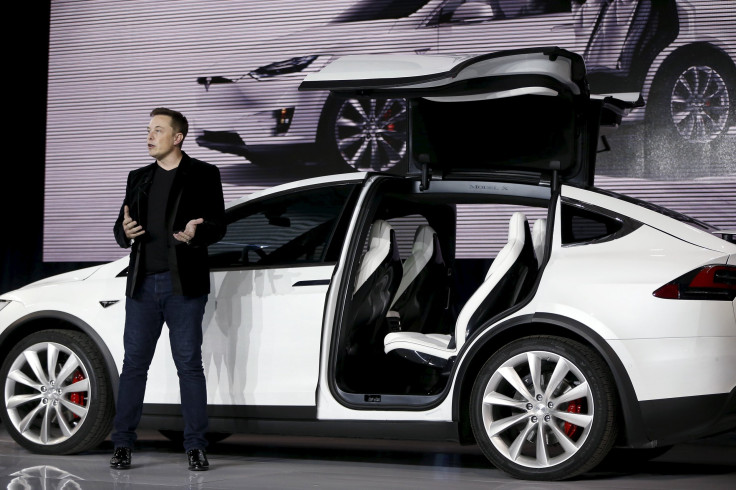Elon Musk News: 'Only A Matter Of Time' Before Artificial Intelligence Conducts Massive Online Hacks, Says Tech Billionaire

Tesla Motors and SpaceX founder Elon Musk added to his warnings of a dystopic future straight out of a “Terminator” film on Thursday in a Twitter post on the dangers of artificial intelligence (AI).
Citing an article in The Economist on a recent cyberattack preventing internet users from reaching the sites of Twitter, PayPal, Netflix and hundreds of other companies, Musk tweeted that it’s “only a matter of time before advanced AI is used to do this.”
Only a matter of time before advanced AI is used to do this. Internet is particularly susceptible to a gradient descent algo. https://t.co/a6AdF7o7AZ
— Elon Musk (@elonmusk) November 3, 2016
Musk’s aversion to autonomous technologies may come as a surprise—his previous comments on the matter aside—for those following his company’s embrace of self-driving auto technology, which it plans to roll out next month. Musk has also founded a non-profit called OpenAI dedicated to “democratizing AI technology.”
Would like to thank @nvidia and Jensen for donating the first DGX-1 AI supercomputer to @OpenAI in support of democratizing AI technology
— Elon Musk (@elonmusk) August 9, 2016
Two years ago, Musk called for more regulatory oversight of the technology area, which he described in an interview with the Massachusetts Institute of Technology’s AeroAstro Department head Jaime Peraire as humanity’s “biggest existential threat.”
Musk is hardly the first to warn against the dangers of AI. At the launch of Cambridge University’s Leverhulme Centre for the Future of Intelligence, astrophysicist Stephen Hawking called the technology “either the best or the worst thing ever to happen to humanity.” And last year, Microsoft founder Bill Gates told Reddit users that he is also “in the camp that is concerned about superintelligence.”
The White House, on the other hand, is far more optimistic. In an October report, the National Science and Technology Council called the idea that superintelligent robots might lead to humans’ extinction “the subject of science fiction series,” adding that “some influential industry leaders have highlighted these fears.”
While fears for humanity’s future safety abound, there’s little reason for investors in the AI industry to worry about its outlook, as both funding and deals for startups reached a new high in 2015, according to CB Insights.
© Copyright IBTimes 2025. All rights reserved.




















